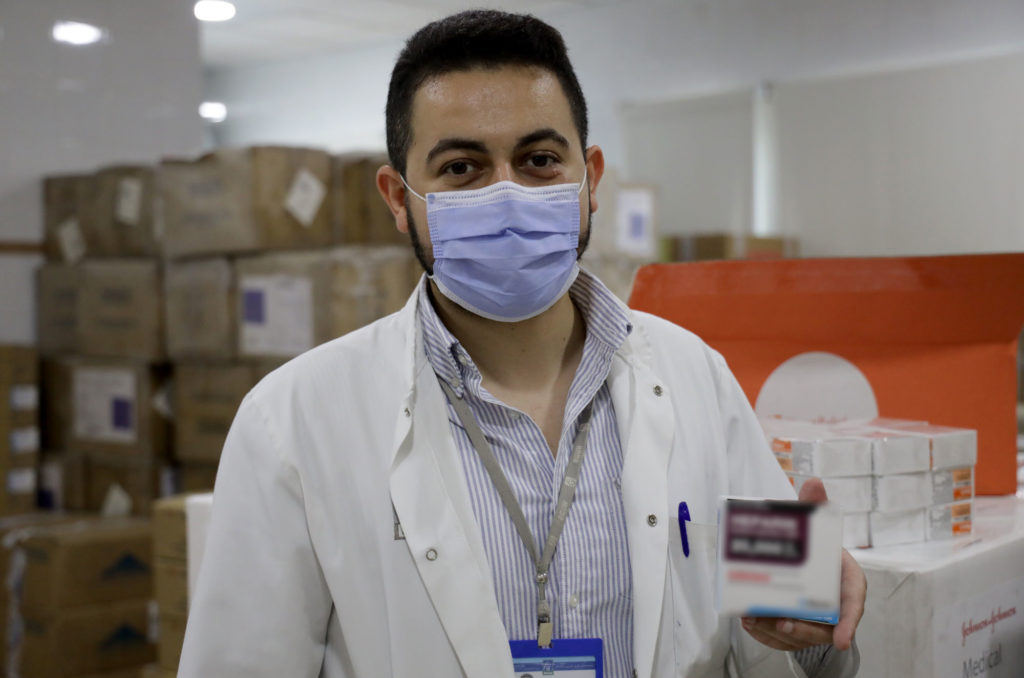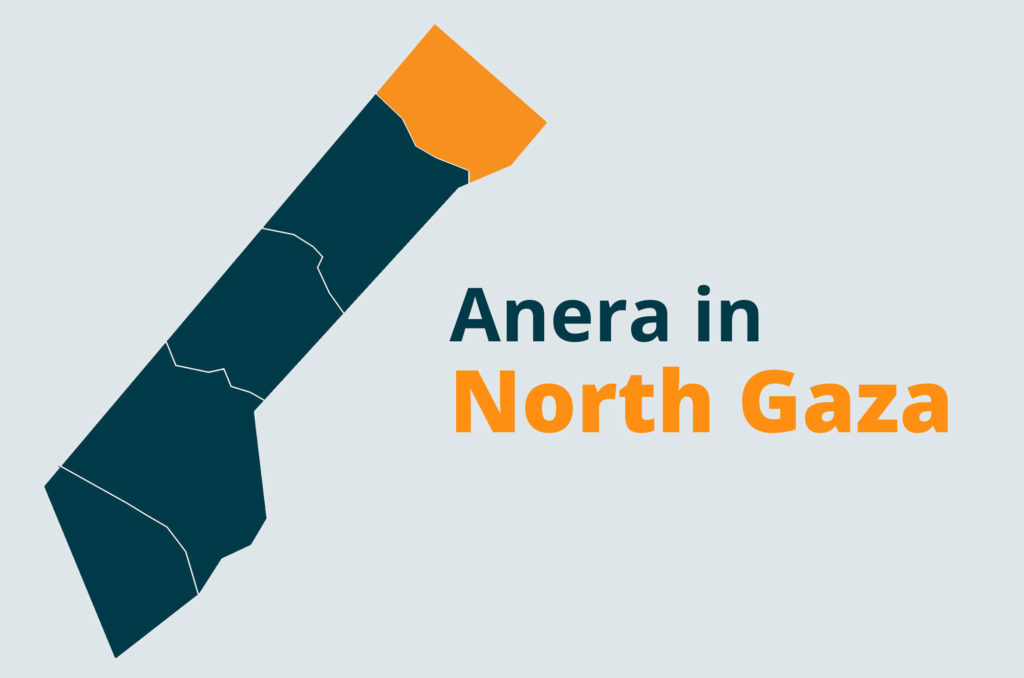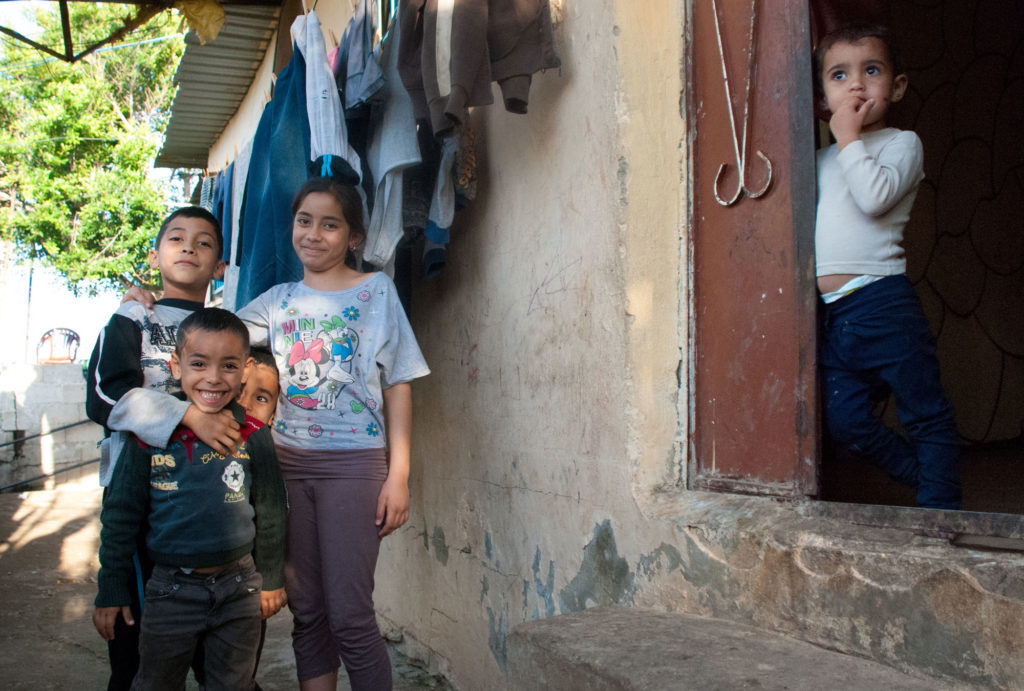HEALTH
Dialysis Patients Caught in the Middle During Pandemic
Dec, 2020
Medical donations offer life-saving support to patients amid failing healthcare system
Following a year of simultaneous crises, Lebanon’s weak healthcare system is under severe strain. The government and the country’s highly privatized healthcare system have failed to maintain public health amid a collapsing economy and the spreading pandemic.
Inadequate funding for healthcare has left both health workers and the majority of the population dangerously vulnerable. Even private hospitals are experiencing shortages. International support has become critical to helping ensure patients receive the care they need.
To help address these needs, Heart to Heart International has generously donated life-saving cancer medicines, mental health medications, and healthcare items in short supply like incontinence pads and PPE. Transportation for the shipment was provided by Airlink. Anera is distributing the supplies to hospitals and health clinics across Lebanon.
Rafik Hariri University Hospital in Beirut, one of the leading medical institutions in the country, is hardly immune from the shortages felt throughout Lebanon. Kidney disease patients needing dialysis have been particularly impacted by COVID-19. Samer Olabi, a pharmacist at the hospital, explains,


“Dialysis patients and all those hospitalized because of coronavirus at Rafik Hariri University Hospital are on a medication that often runs out in Lebanon. The high demand for pain-relief medicines for coronavirus means we are constantly struggling to keep it in stock. Without such medicines, the patients suffer greatly.”
Anera, in partnership with Heart to Heart International, has taken direct action to mitigate this public health disaster for dialysis patients by distributing the anticoagulant medication heparin to medical facilities.
Lina Atat, who manages the medical donations program for Anera in Lebanon, says, “Heparin is highly needed.” She says that it is “usually used for dialysis treatments as a prophylaxis against blood clots.” Now, she says,


“It has recently come into use for hospitalized COVID patients as a cheaper alternative to another medication.”
Because dialysis treatments are extremely expensive in Lebanon, kidney diseases are often left untreated. Without regular treatment and medical supervision, many of these patients face serious organ failure and eventually death.
The financial strain on public and private hospitals alike has forced some to halt certain treatments in order to sustain others. For example, all operations in a neonatal unit might be deferred to prioritize high-risk dialysis patients.
Olabi says,


“The heparin we received was crucial for our hospital, and we were even able to utilize it when other medicines were unavailable.”


Due to COVID-19 restrictions in the country, Anera was unable to interview dialysis patients or their relatives for this story.


